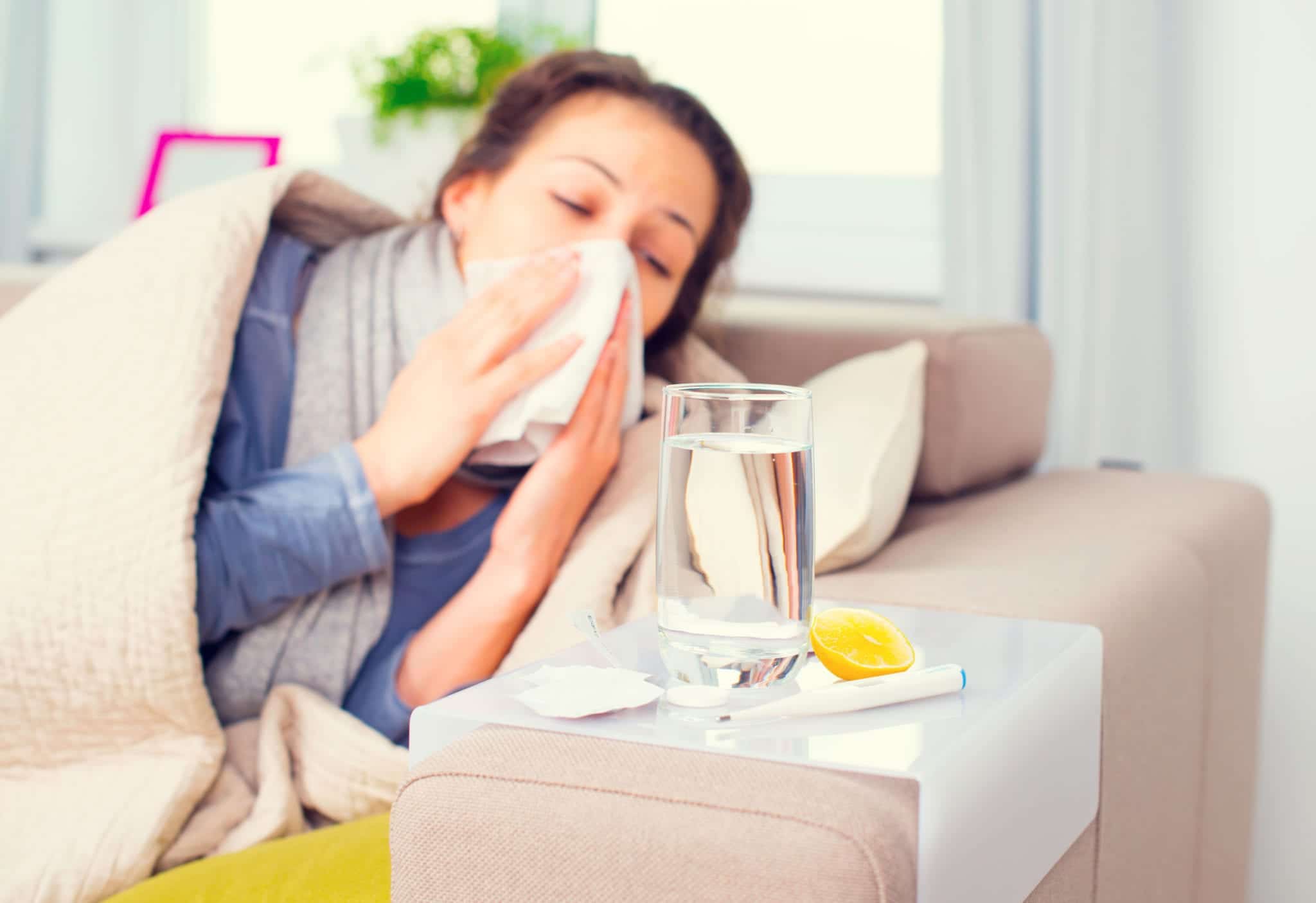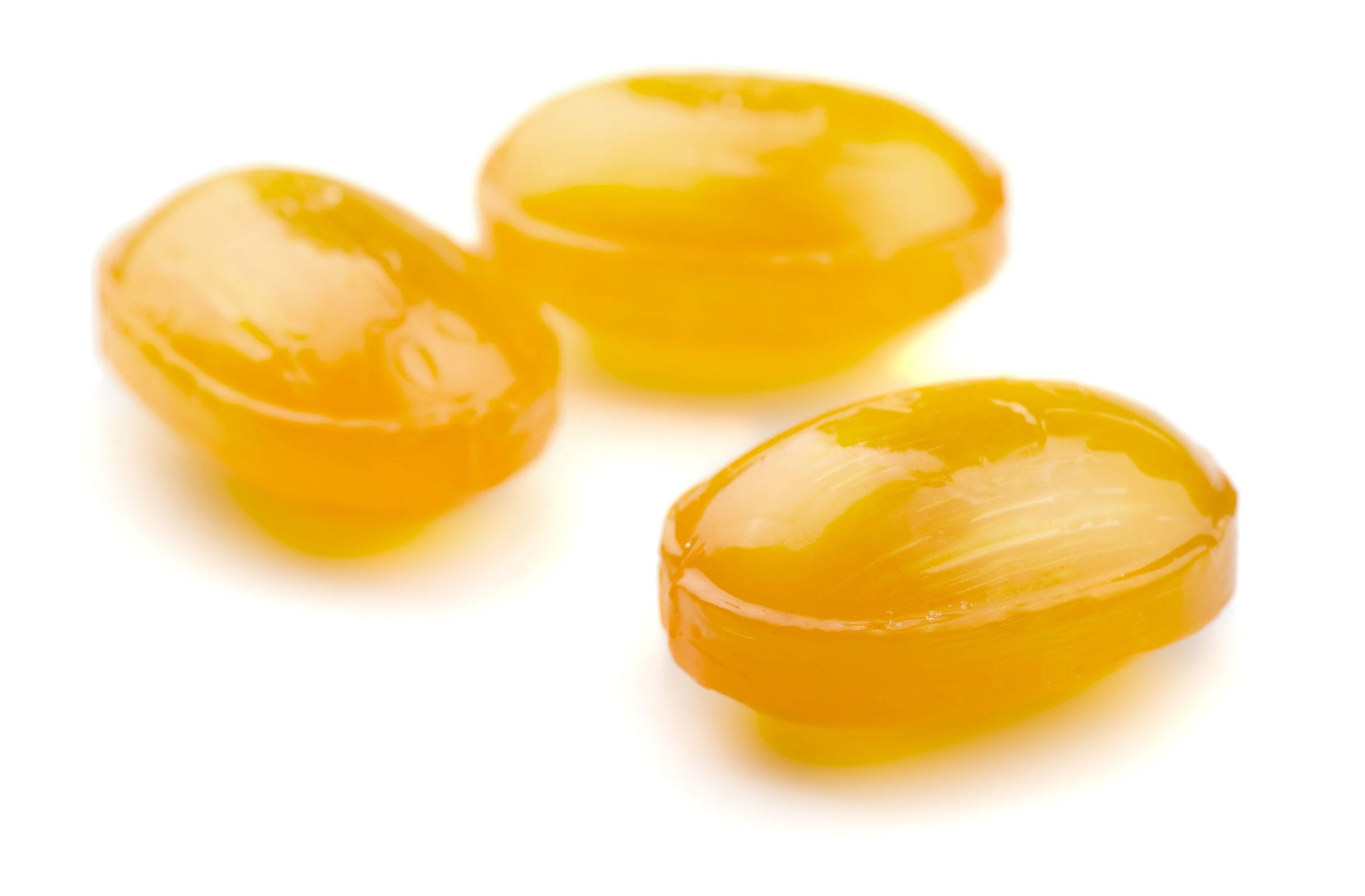
It starts with a tickle in your throat. You do your best to ignore it, and hope that it doesn’t mean what you think it does. The next day, you wake up with body aches and feeling like you’ve swallowed sandpaper. You can’t deny it any longer – you’re coming down with something.
Unfortunately, cold and flu season is upon us. While your first instinct may be to load up on cough syrup to weather the storm, it’s also important to be aware of how your illness will affect your oral health, and to maintain your oral hygiene while you’re sick.
Some research even suggests that maintaining good oral hygiene can help combat cold and flu by strengthening your immune system – all the more reason to pay attention to your oral health this time of year.
To help our patients through cold and flu season, we’ve put together a guide covering how cold and flu affect your oral health, how to maintain your oral health when you’re sick, and how good oral hygiene could even help to combat the flu.
How Cold and Flu Affect Oral Health
Because your ears, nose, and throat are all connected through the oral cavity, cold and flu can affect your oral health.
Nasal Congestion and Dry Mouth. Cold and flu cause nasal congestion, which causes you to breathe through your mouth. Unfortunately, the increased airflow through your mouth can lead to dry mouth and decreased saliva flow. Additionally, medications you may take to manage your symptoms, such as decongestants and antihistamines, can also cause dry mouth. Dry mouth is uncomfortable, and excess dryness also promotes the growth of bacteria in your mouth, contributing to dental problems such as tooth decay and gum disease.
Sinus Pain and Toothaches. When you’re sick, the last thing you want to contend with is a toothache. You may think that your toothache is unrelated, and that you’re just having bad luck. However, pain in your upper teeth can actually be caused by inflammation in your sinuses. The telltale sign of sinus-related tooth pain is that it generally isn’t limited to just one tooth.
Good Oral Hygiene Could Help Combat the Flu

The best preventative measures against cold and flu are to get vaccinated for influenza annually, and to maintain good hand hygiene. However, emerging research also suggests that your oral health may affect your susceptibility to cold and flu as well.
Studies have found that your oral health is inked to your immune health. Therefore, if you have good oral health, your immune system will be more capable of fighting off infection. This means that you’ll be less likely to actually become sick if you’re exposed to cold or flu – and if you do get sick, that you’ll recover faster.
To maintain good oral health, eat a diet low in sugar and processed carbs and avoid sweetened drinks. Also keep up with your oral hygiene routine, brushing at least twice per day and flossing once per day. It’s also best to brush after meals, particularly if you end up indulging in sweets or sweetened drinks.
Oral Care Tips for Cold and Flu
When you’re sick, your oral health may not be the first thing to cross your mind. However, taking a few steps to take care of your oral health while sick can help you feel better faster and prevent secondary negative effects on your oral health.
What should you do?
Brush and floss well. Being sick is exhausting, and it’s tempting to let your oral health lapse. However, it’s important to continue to brush and floss properly, brushing for at least two minutes twice per day, and flossing at least once per day.
Drink lots of water. Staying hydrated while you’re sick will help your body fight off the infection and prevent dry mouth, which is a common side effect of nasal congestion.
Gargle with salt water. Dissolve a tablespoon of table salt in a glass of warm water, and gargle and spit until the water is gone. This helps combat harmful bacteria in your mouth and throat, preventing bad breath and plaque.

Choose sugar-free medication. Cough syrups and cough drops are often loaded with sugar to make these medications more palatable. However, using sugared medicines, particularly cough drops, can contribute to tooth decay. Choose sugar-free medications whenever possible. If sugar-free medication is not an option, be sure to rinse, brush, and floss after using these products.
Ultimately, what it means is that if you take care of your teeth and mouth, they’ll do their best to take care of you, too.






